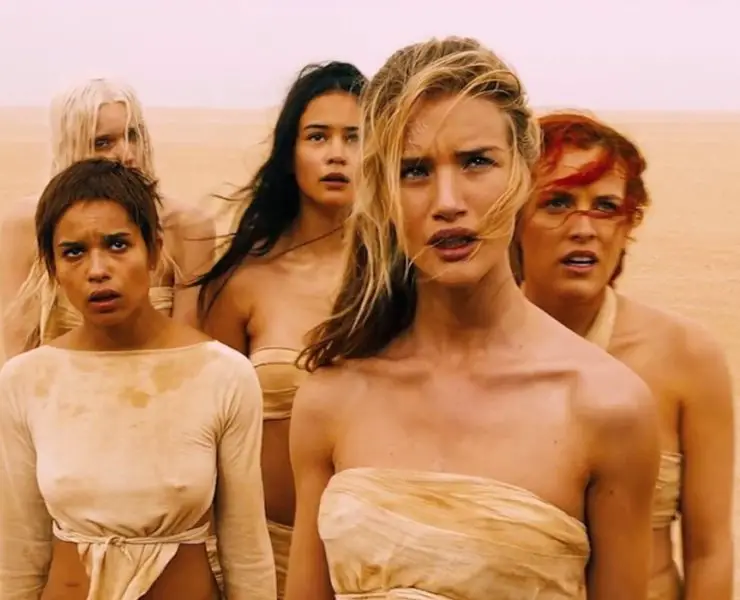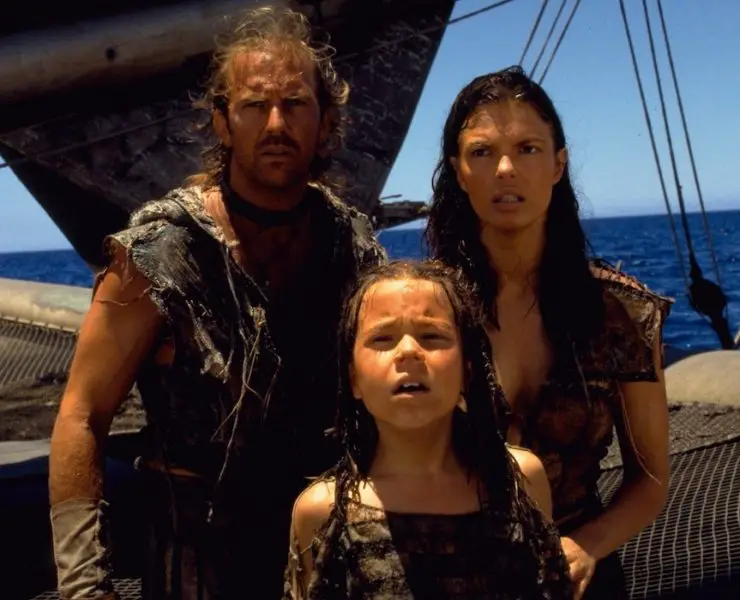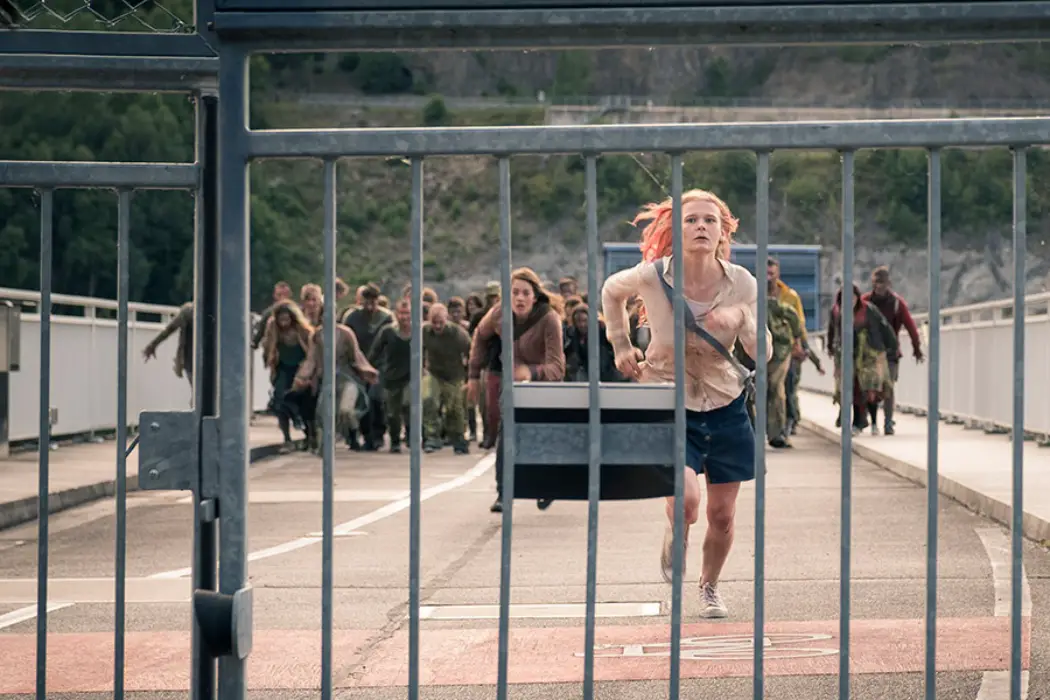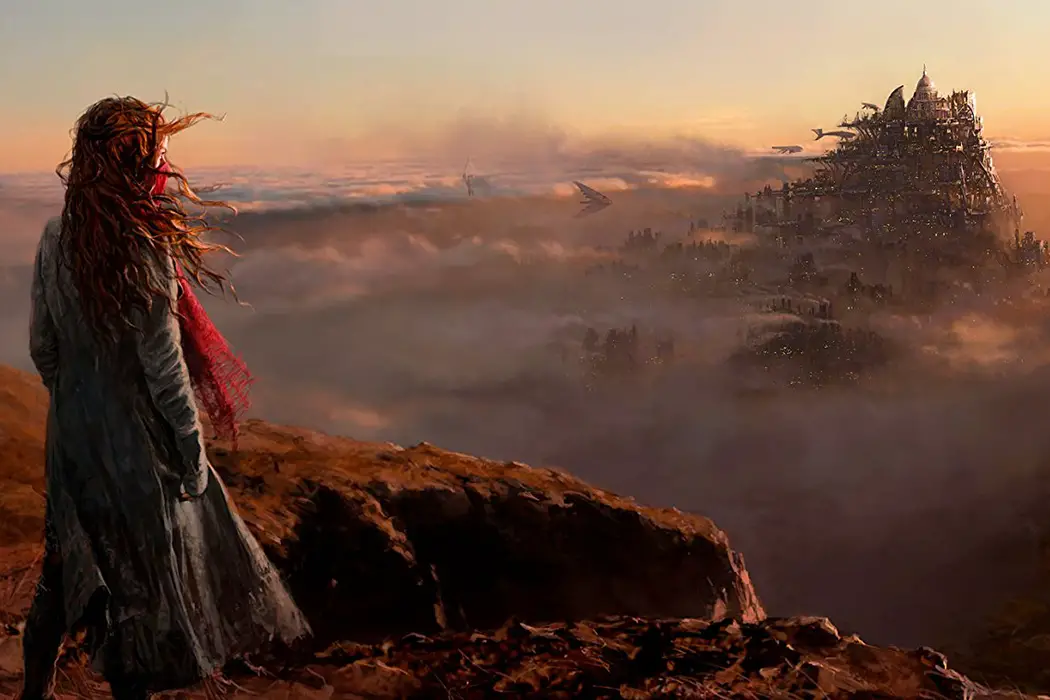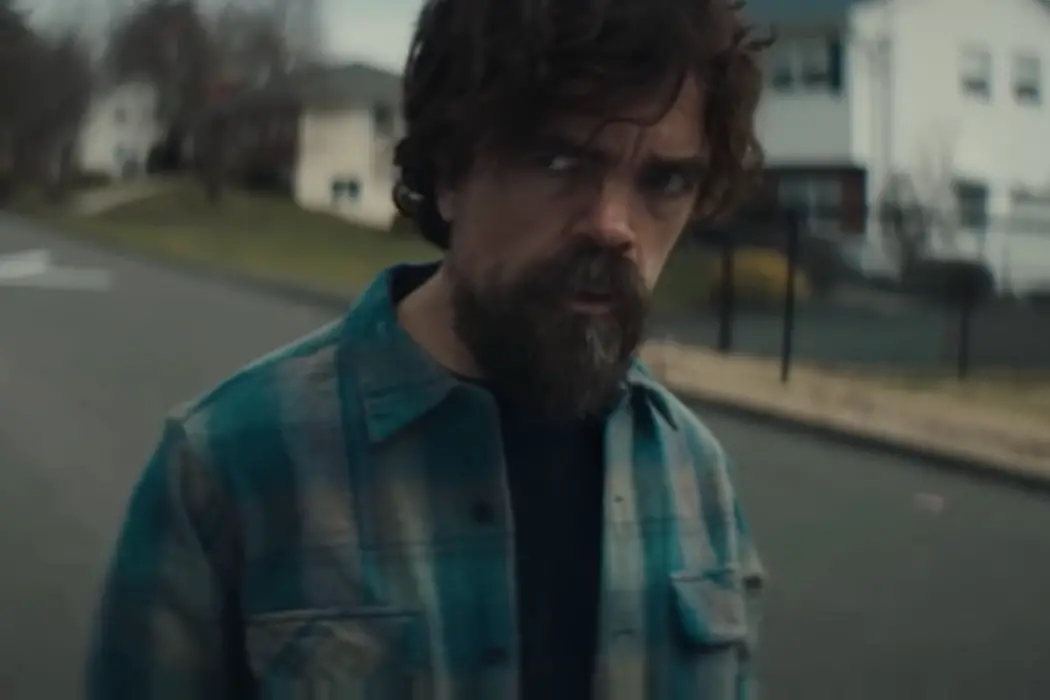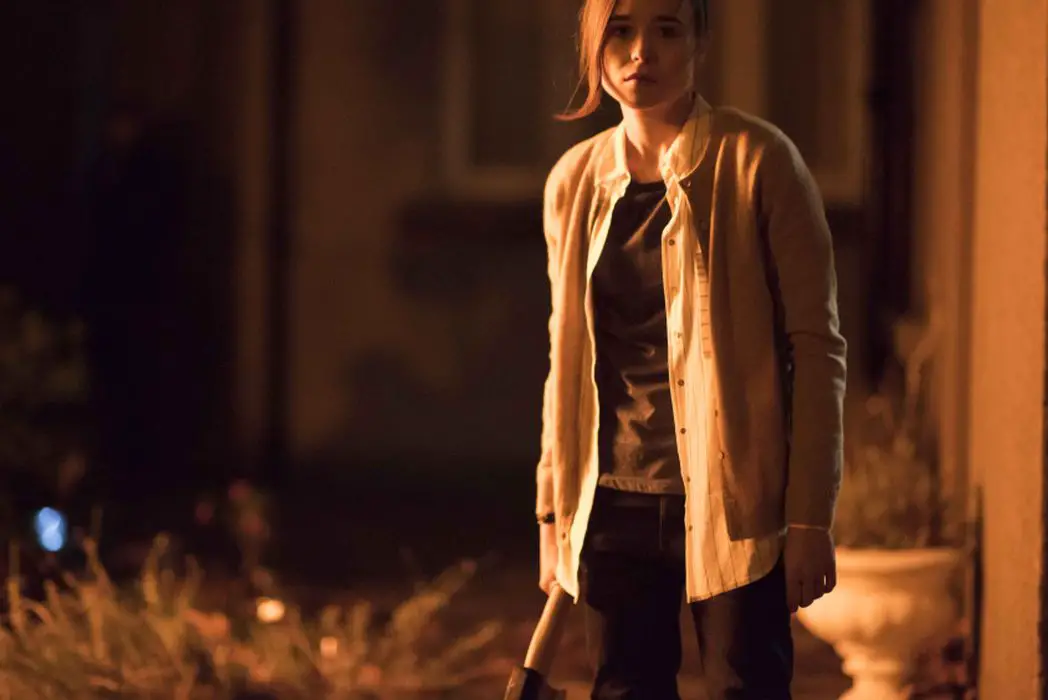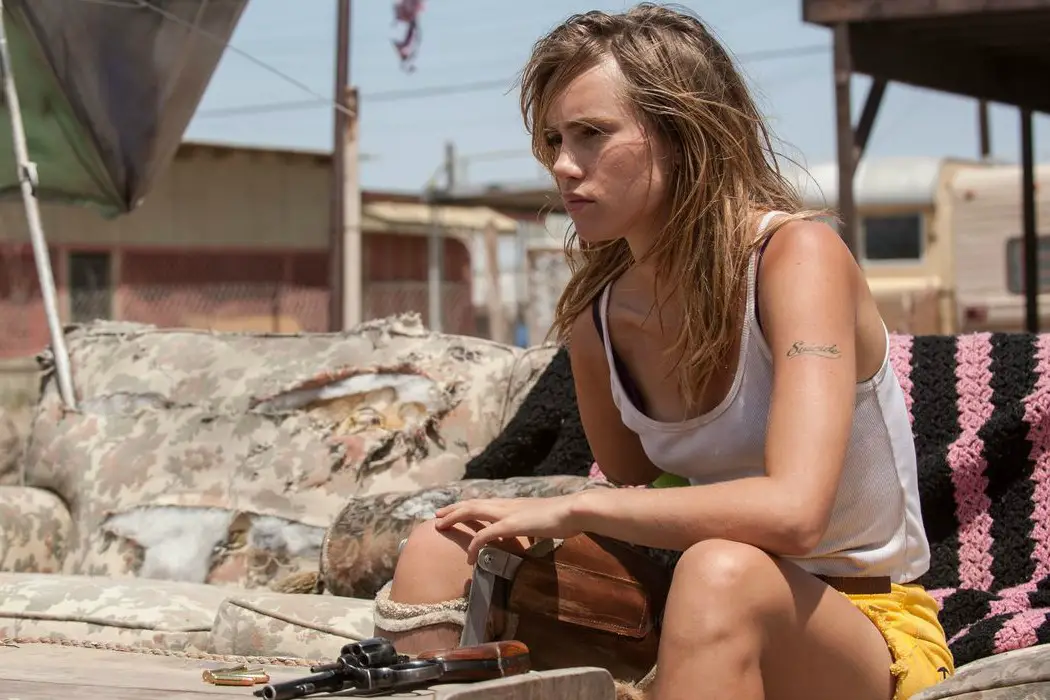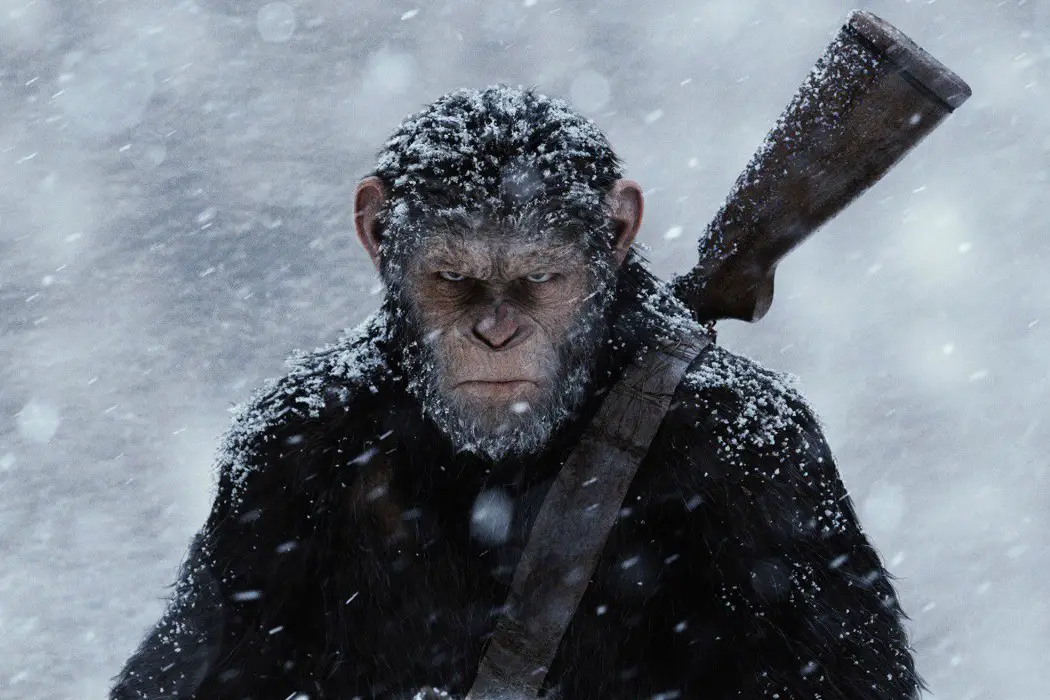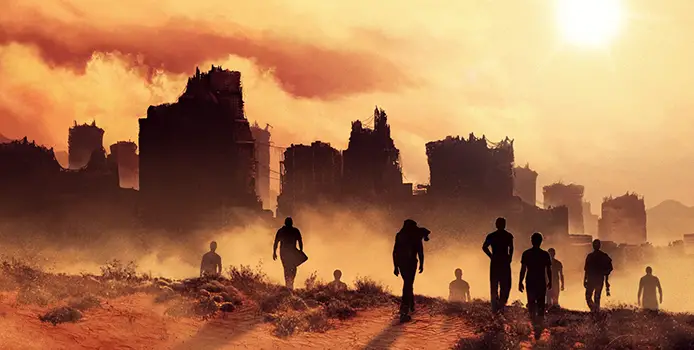post-apocalyptic
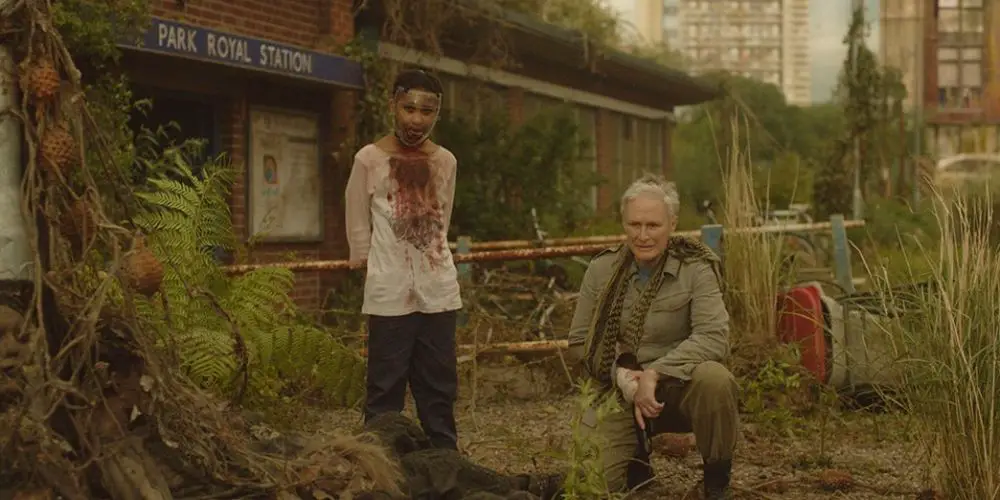
It is easy to see how The Girl With All The Gifts could have been toned down and transformed into a generic YA movie in its cinematic adaptation. In the 2014 best-selling novel, the story is told from the point of view of all five central character. Here, director Colm McCarthy focuses on the titular tween character Melanie, exploring this plague-ravaged world from her point of view.
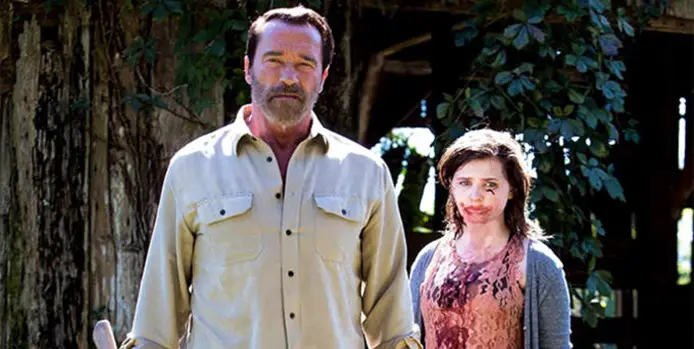
If there is ever a fitting description for Arnold Schwarzenegger’s cinematic persona, then it is this: action film hero. Time and time again, we’ve seen the ex-California Governor’s face adorning several iconic titles, portraying mere mortals (or robots in Terminator’s case) possessing near-superhuman ability, an eye for supersized weapons and a knack for crisp one-liners.
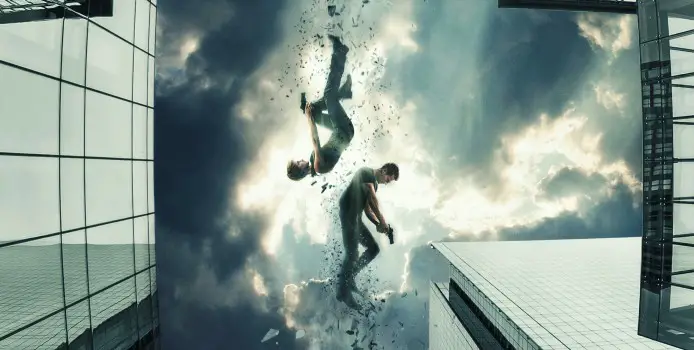
I had read Veronica Roth’s Divergent before the adaptation sauntered onto cinema screens, heralded as the next The Hunger Games, and what I discovered was that I preferred the film to the book. There was more action on show, and I felt that the film fixed many of the things I found problematic with the book’s narrative. So when I discovered that the book of Insurgent didn’t impress, I decided to bypass it and wait for the film.
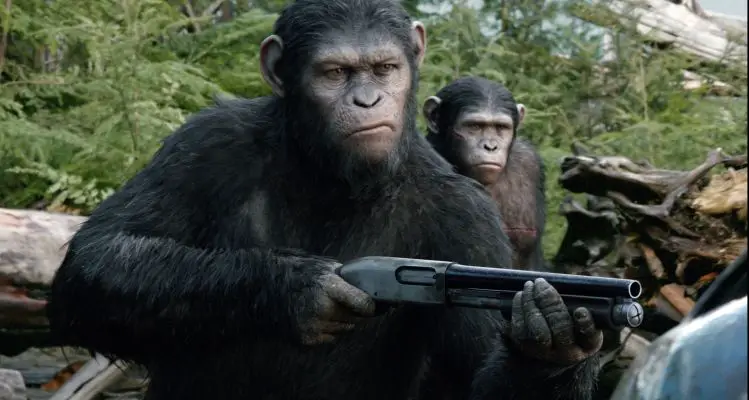
Dawn Of The Planet Of The Apes is the sequel to Rise Of The Planet Of The Apes (2011), which heralded the latest reboot of the Planet Of The Apes franchise. Dawn presents a story much more intelligent than you’d expect of a blockbuster, its creators having put an overwhelming amount of effort into creating a world that is believable, into creating a wholly new culture for characters that are unique and relatable, furry or not. Rise was good, but Dawn is even better.


